Unique ways to address your beloved in Urdu
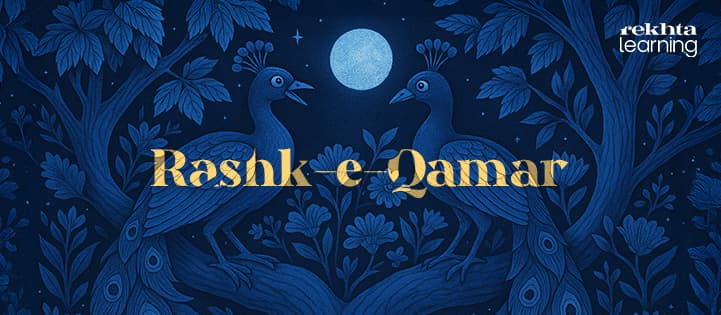
Urdu has long been known as the language of love, and for a good reason. It doesn’t just convey affection, it the transforms the feelings into poetry, making even the simplest expressions sound like verses from a ghazal.
Once you step into the world of Urdu endearments, you’ll find yourself enchanted by just how much beauty and elegance is woven into addressing a beloved. These expressions don’t just describe physical beauty; they capture admiration in its purest, most poetic form. And the best part? You can incorporate them into everyday life, making your words just a little more magical.
Gul-badan and Gul-andaam
One of the most elegant ways to praise your beloved in Urdu is Gul-badan. Gul means flower, and Badan means body. So together, it creates this gorgeous image of someone with the grace and beauty of a flower. It’s delicate and carries a touch of poetry. If you want to switch it up, you can also say Gul-andaam, which has a similar meaning but emphasizes the physique, making it even more refined.
- Suggested Course
Spoken Urdu: Common Phrases, Expressions and Vocabulary
Gul-pairahan
Now, let’s talk about an expression that’s pure elegance: Gul-pairahan. Pairahan means clothing, so this phrase suggests that your beloved is dressed in flowers and draped in beauty. Imagine calling someone Gul-pairahan, it’s like saying they’re so lovely, they look like they’re wearing a dress made of fresh petals. Doesn't that sound enchanting? Poets certainly think so!
Rashk-e-qamar
Speaking of poets and poetry, here’s a phrase you’ve probably heard before: Rashk-e-qamar. This one is a classic, thanks to its popularity in ghazals and songs. Rashk means envy, and Qamar means moon, so together, this phrase means someone whose beauty is so breathtaking that even the moon is jealous. Now, that’s a compliment that leaves an impression! If you prefer, you can also say Rashk-e-maah, since Maah and Qamar both mean moon in Urdu.
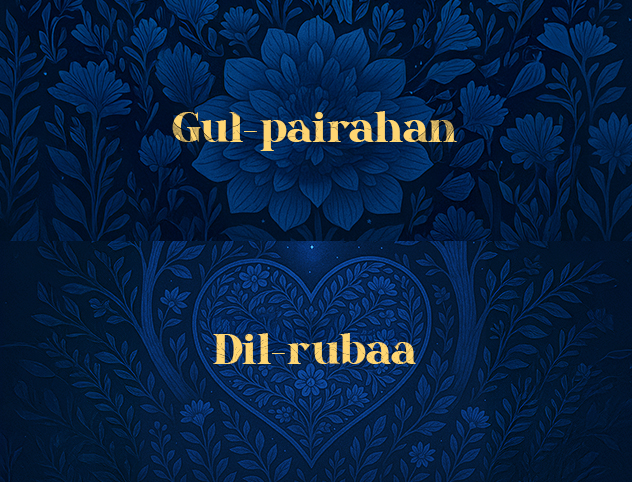
Or, if you want to keep it simple but still poetic, you can try Mahtaab-ruu. Mahtaab means moon, and Ruu means face, so this one literally means "moon-faced". It is a beautiful way to tell someone they shine as brightly as the moon itself.
Dil-rubaa
And then there’s Dil-rubaa, one of the most beloved terms in Urdu. This one has Persian roots an is used so often in Urdu poetry, songs, and even everyday conversations. Dil means heart, and Rubaa means someone who snatches or steals. So, when you call someone Dil-rubaa, you’re basically telling them they’ve stolen your heart. Charming, right?
Pari-chehra and Pari-zaad
If you want something even more whimsical, Pari-chehra and Pari-zaad might be what you’re looking for. Pari means fairy, and Chehra means face, making Pari-chehra a perfect way to say someone looks as beautiful as a fairy.
Bringing Urdu poetry into your daily life
See how effortlessly Urdu turns admiration into poetry? Whether you want to compliment your partner, impress someone special, or just add a little charm to your conversations, these phrases make everything sound more elegant and admirable!
- 0 in-depth courses
- 0+ lessons
- 1 year unlimited access
- Unbeatable discount
- Watch on any device
- Get certified
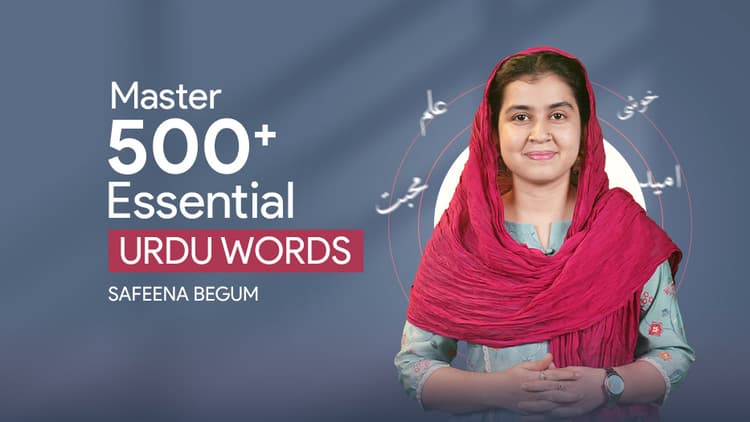
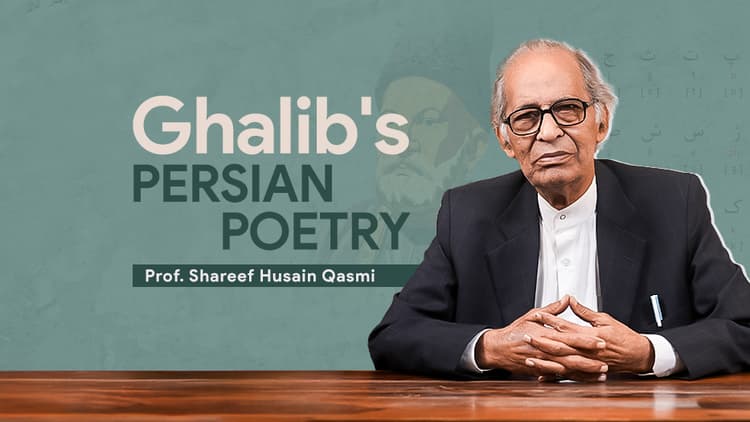
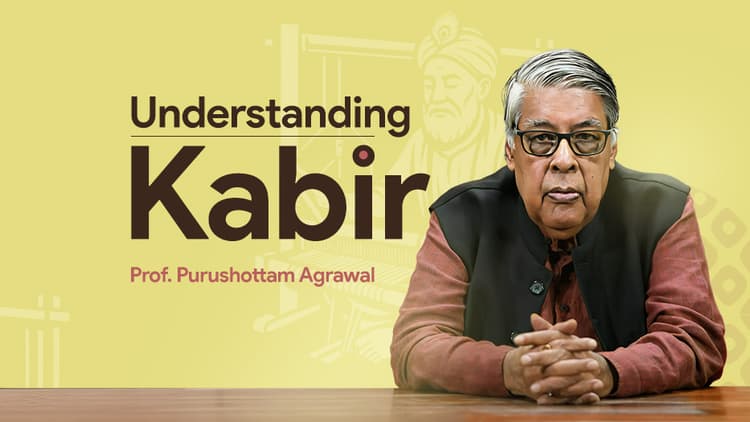
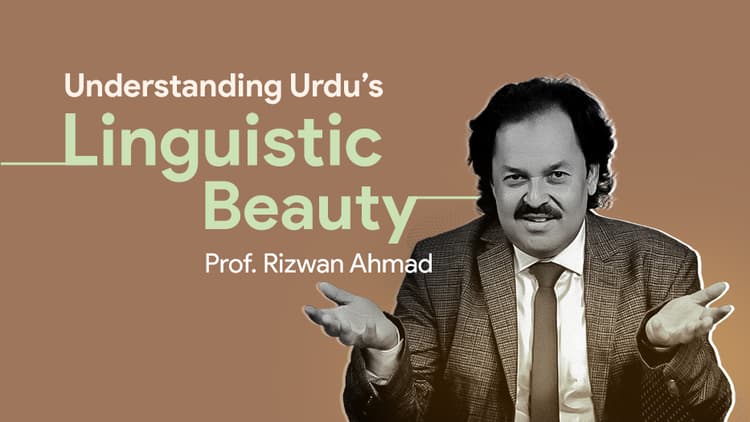
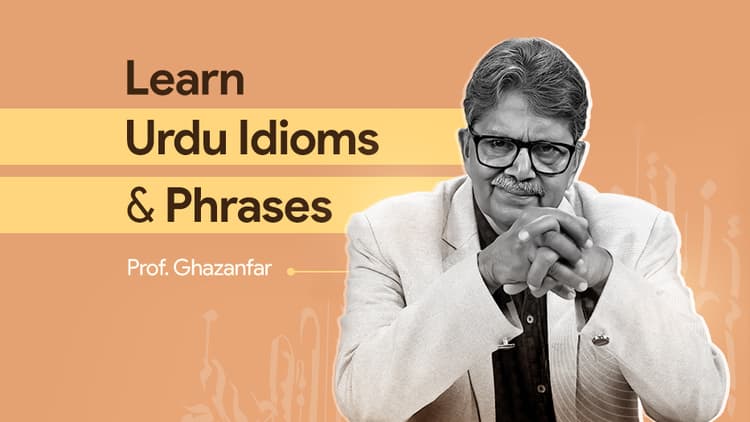
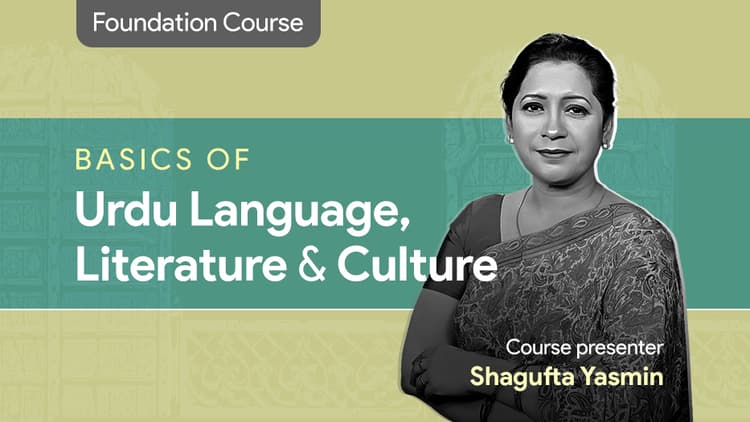
.jpg&w=750&q=75)
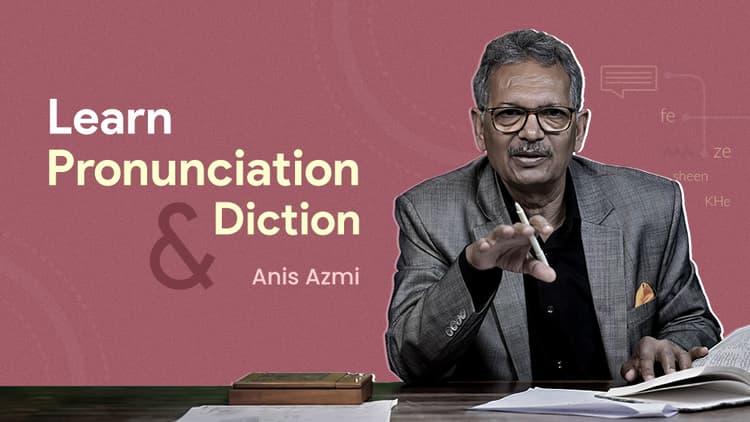
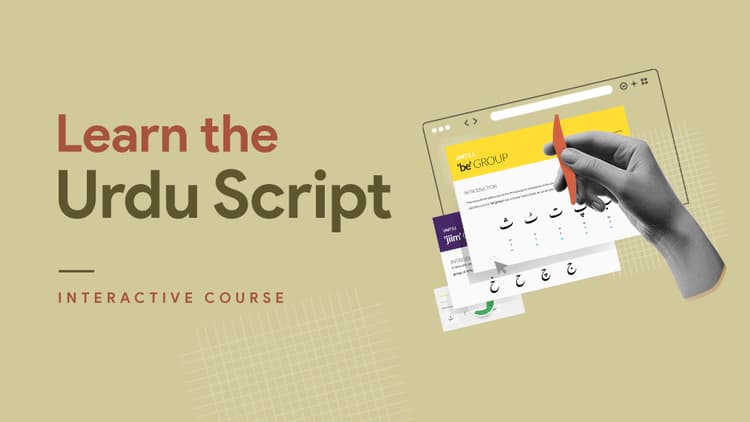
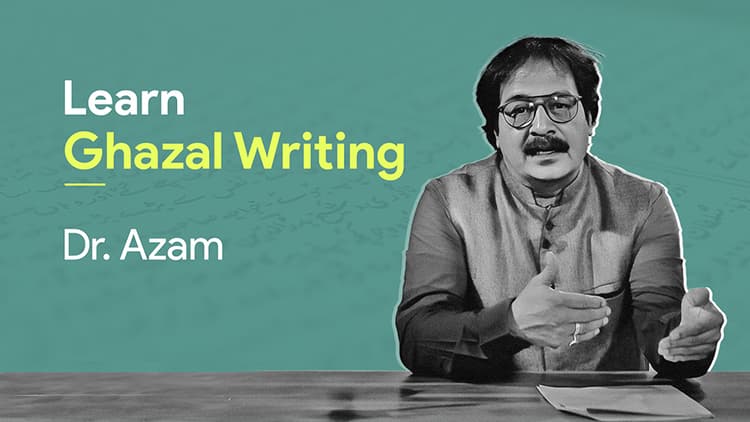
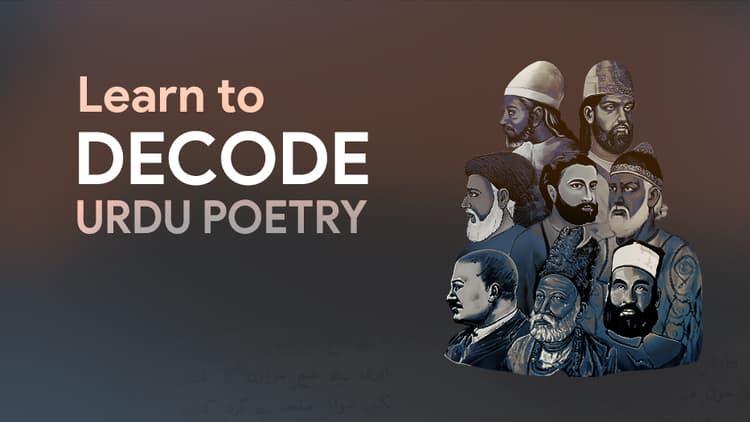
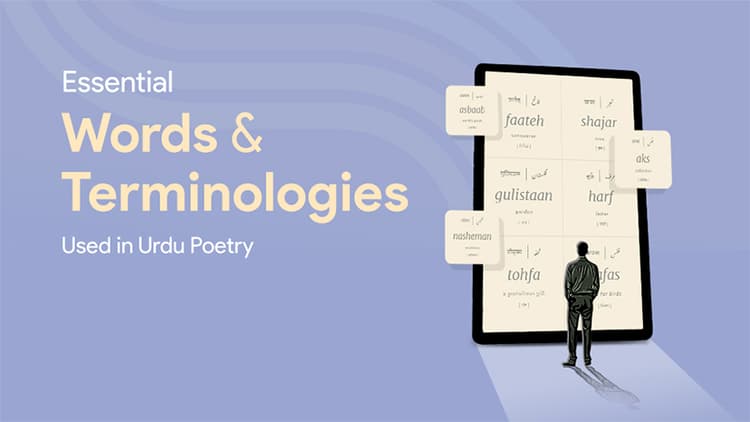
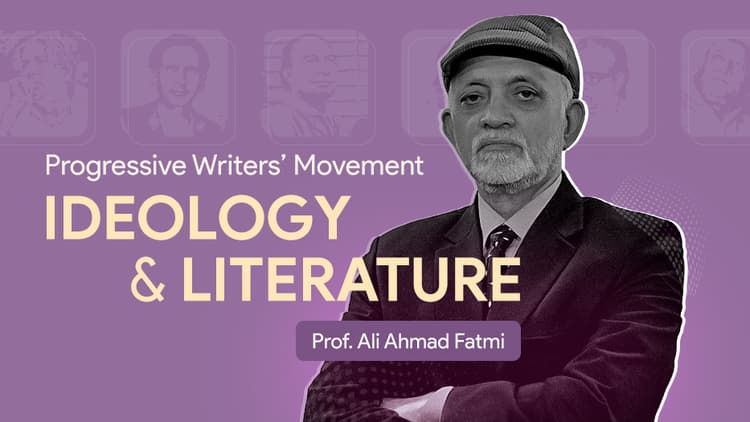
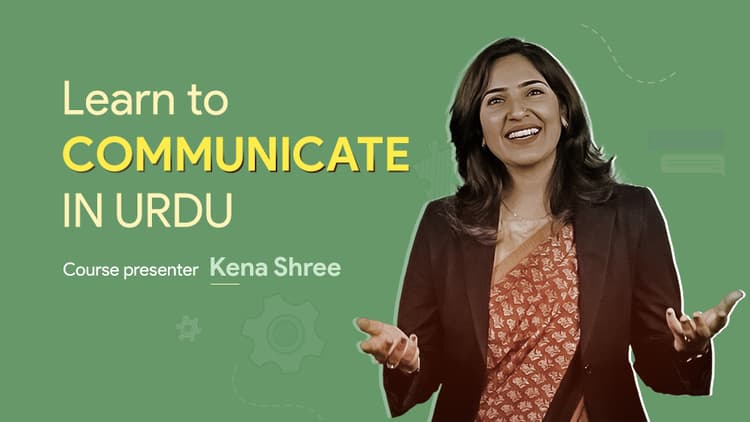
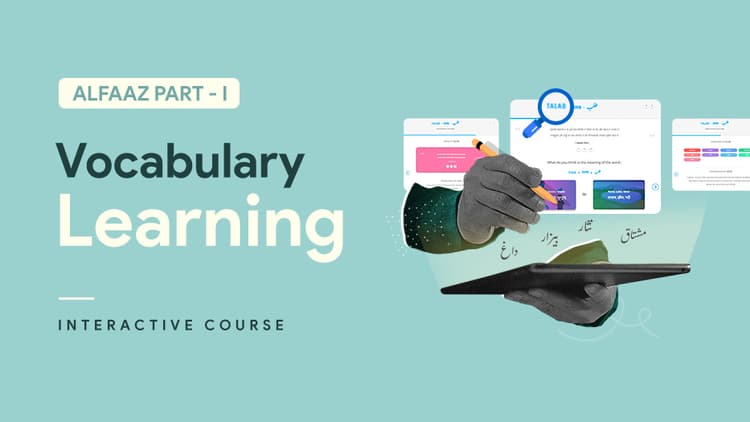
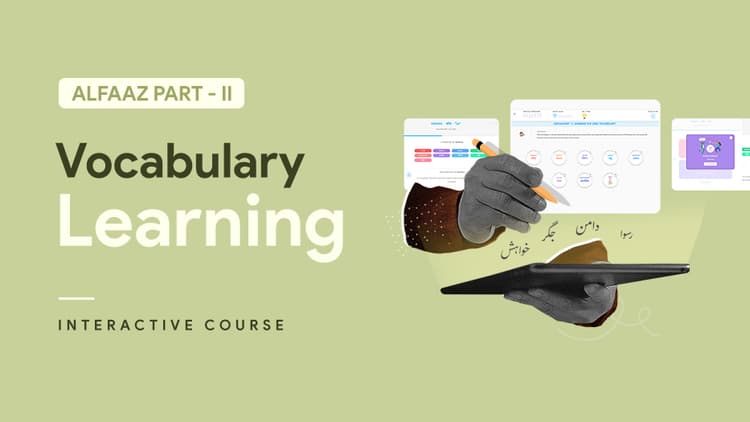




.jpg&w=828&q=75)







.jpg&w=828&q=75)











Comments